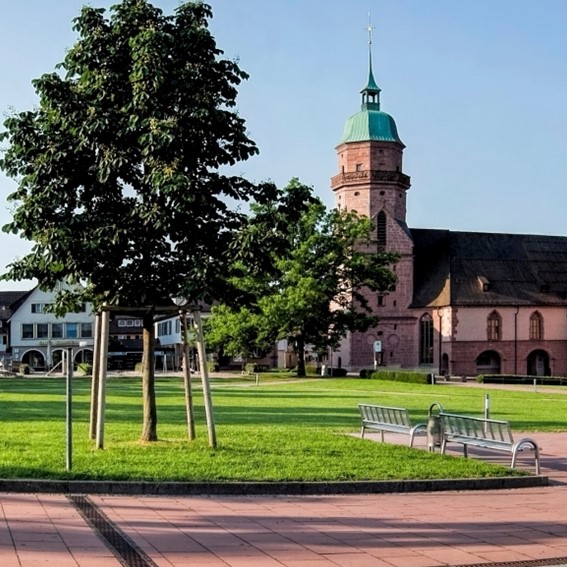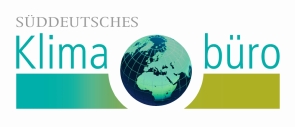
Innovative climate parameters for adaptation measures in rural areas (LandWandel)
- contact:
- project group:
Stadtwerke Freudenstadt GmbH & Co. KG
KIT, Institute for Industrial Management and Industrial Production (IIP)
- funding:
Federal Ministry for the Environment, Nature Conservation, Nuclear Safety and Consumer Protection (BMUV)
- startdate:
03.2023
- enddate:
02.2026
The aim of this transdisciplinary project is an integrative and topic-specific consideration of the interests of land use in the adaptation of rural areas to climate change. Together with selected partners from research and practice, innovative climate parameters are to be defined and transferred to the “AnLand” catalog. The aim is to create a basis for decision-making for an effective and sustainable strategy for municipal climate adaptation, taking into account fields relevant to action and the actors involved.
Rural areas are of considerable importance for the economy, supply and recreation of the entire population. It accounts for 93% of the area of the European Union. Although only 20% of the population live in rural areas, they generate 45% of gross value added. 53% of jobs are located in rural areas (http://www.laendlicher-raum.eu/). In order to do justice to the importance of rural areas, it is imperative to strategically promote climate change adaptation in these areas in addition to climate change mitigation. With regard to the challenges of climate change at regional level, this role will continue to increase in the future, also in terms of maintaining equivalent living conditions. In contrast to urban agglomerations, however, rural areas are sparsely populated, which is why effective infrastructure is generally less available in many areas. Accordingly, a comprehensive and structured approach involving the existing economic sectors and areas of interest in the region is absolutely essential. Existing structures play just as important a role as new networks to be formed.
This project aims to quantify the influence of climate, climate change and extreme weather on the necessary actions of municipal institutions in a prototypical manner. Many municipalities, especially in rural areas, are severely affected by the consequences of climate change. For example, there are bottlenecks in the water supply during prolonged droughts and the health of humans and animals is impaired when summer temperatures rise significantly. This shows that adaptation is necessary at a demographic, social and economic level, as well as in the interaction between these areas. For rural areas in particular, climate change therefore offers both opportunities and risks. Risks because it is no longer possible to rely solely on existing natural and economic contexts. Opportunities, because holistic restructuring can make rural areas more sustainable, more climate-friendly and ultimately more economically and demographically attractive.
This project is a pilot approach that combines the regional practice-oriented experience of Stadtwerke Freudenstadt with the expertise of two institutes at the Karlsruhe Institute of Technology (KIT) in the areas of regional climate change and its (economic) effects. The city of Freudenstadt and VKU Baden-Württemberg as an associated partner play an active advisory role. A continuous exchange of experience and expertise between all partners is planned. This close exchange serves to increase mutual trust and understanding as well as a very practice-oriented qualitative description of the existing and planned measures with regard to climate change adaptation in rural areas. The interaction between the partners will lead to the development of quantitative climate indicators that take into account both the experience in the region and are based on high-resolution climate information. A socio- and techno-economic evaluation of the parameters carried out in the project is to be fed back into the region to support decision-making. The resulting shared knowledge base on regional climate change adaptation is to flow into the “Anland” catalog in the form of climate parameters and make it easier for other municipalities and regions to effectively enter the topic.

